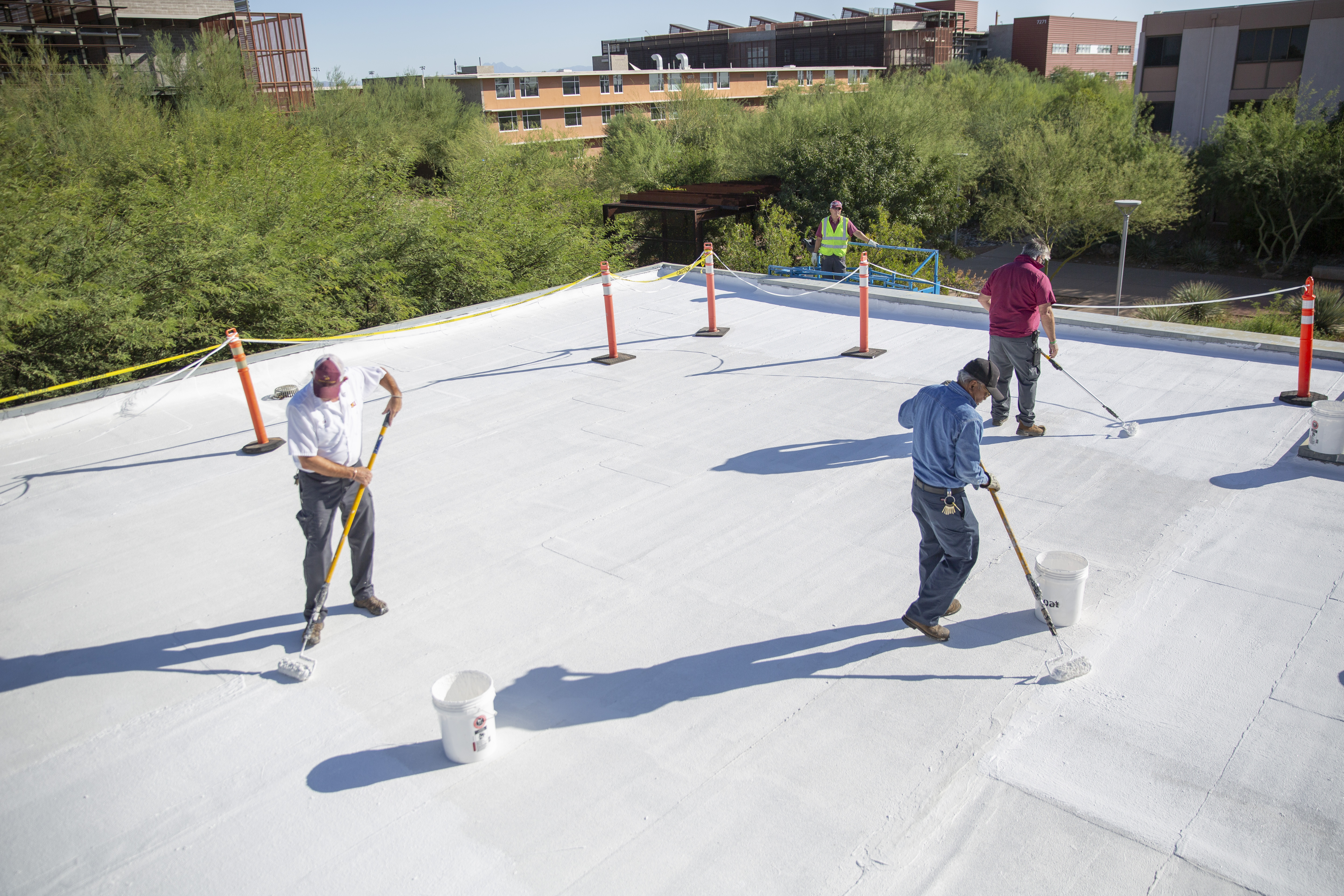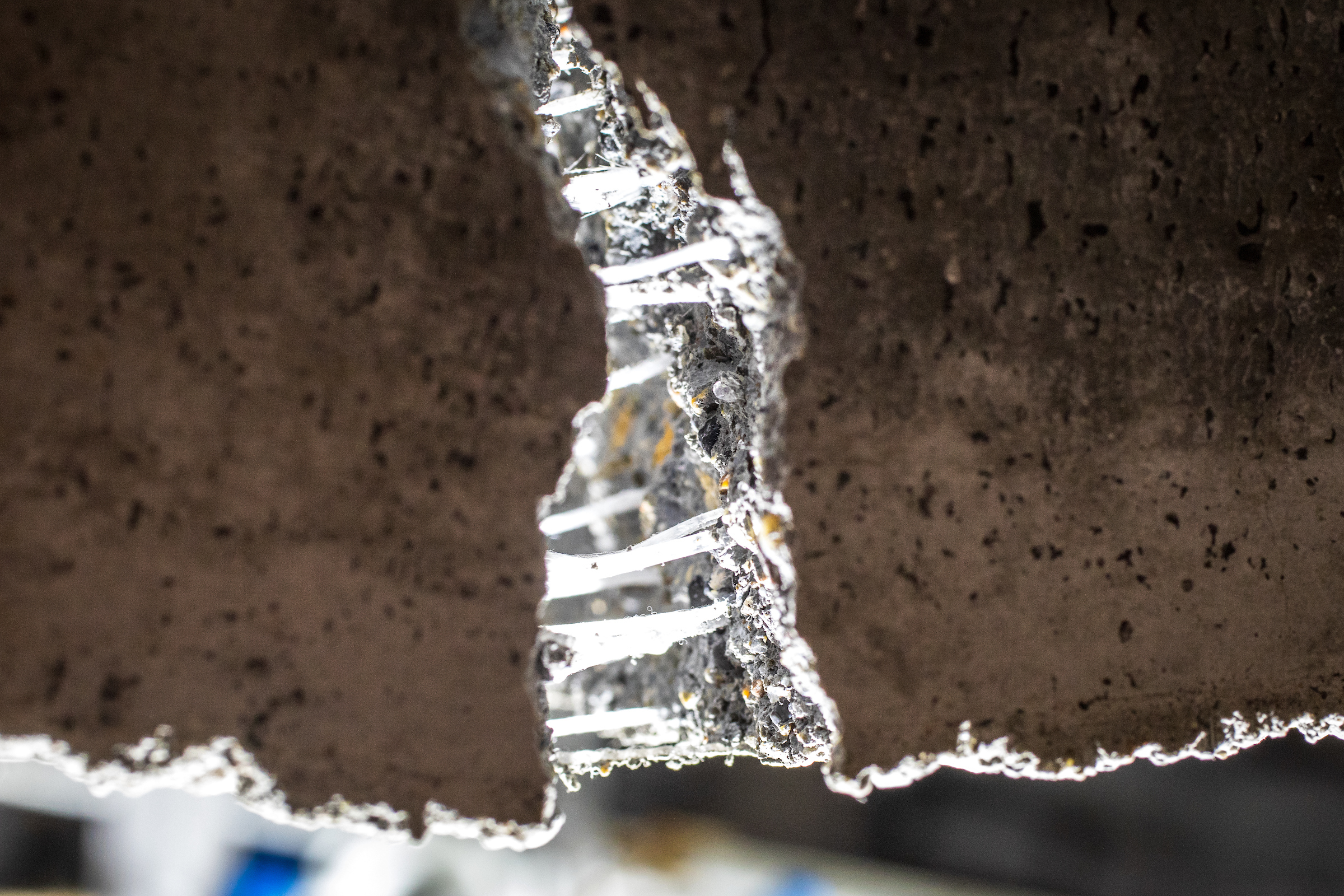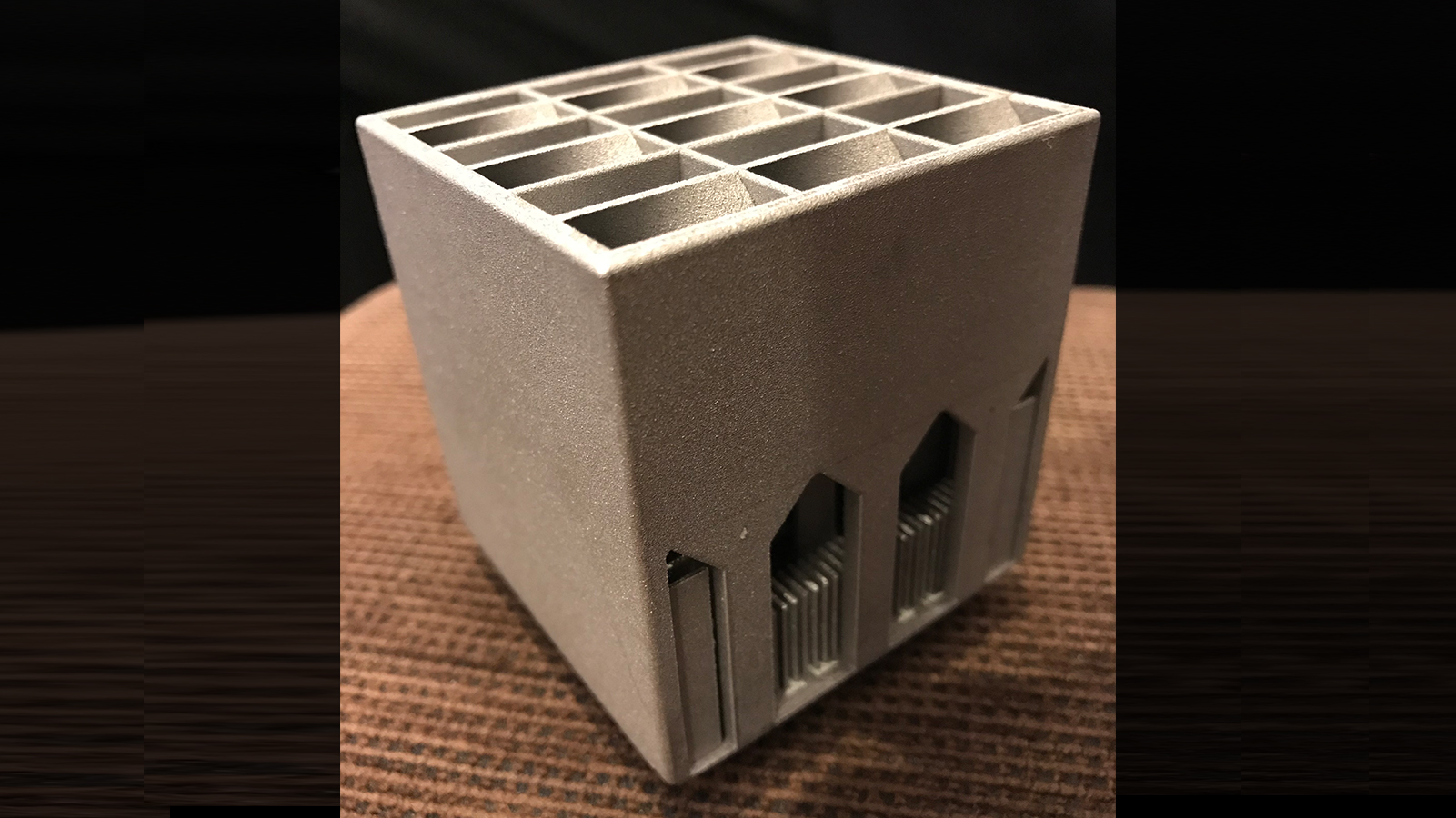
SMART TECHSMART MATERIALS
Incredibly light, strong and adaptive materials are transforming industries. The convergence of information technology and advanced manufacturing means that new devices and applications are getting faster with less power. Self-repairing and shape-memory materials promise to improve infrastructure, medical devices and transportation. With these sustainable solutions revolutionizing many industry subsectors, the global smart materials market is anticipated to reach $98.2 billion by 2025.
By 2025, three planets’ worth of natural resources could be needed to sustain current consumption levels. Smart materials can greatly reduce waste and the need for new materials. Researchers say these materials will create fuel-efficient vehicles, faster devices and even cool our homes and buildings with reflective materials and photovoltaic cells.
SMART MATERIALSIN ARIZONA
Many of these smart materials are designed and engineered in Arizona. The state is a leader in manufacturing smart materials from semiconductors and microprocessors to photovoltaic solar panel cells to composite FRP systems.
Other private sector companies are developing smart materials for aerospace & defense, infrastructure and manufacturing. Arizona’s public universities are investigating smart solutions for energy storage, infrastructure materials and composite materials.
2X
#3
#4
155
From the atomic level on up, Arizona companies have made a name for themselves in smart materials.



















